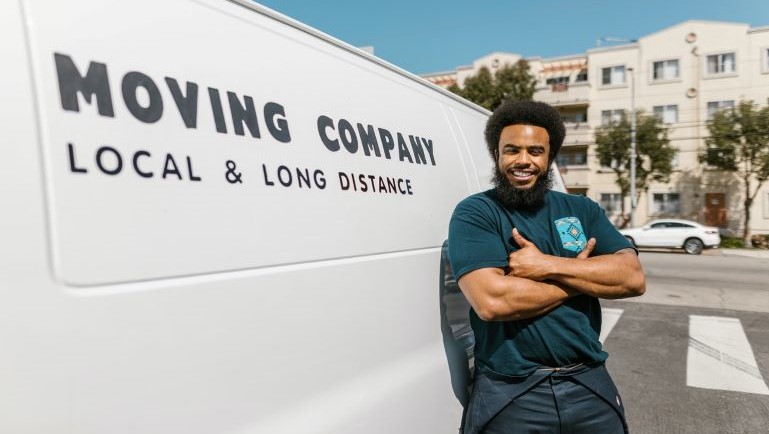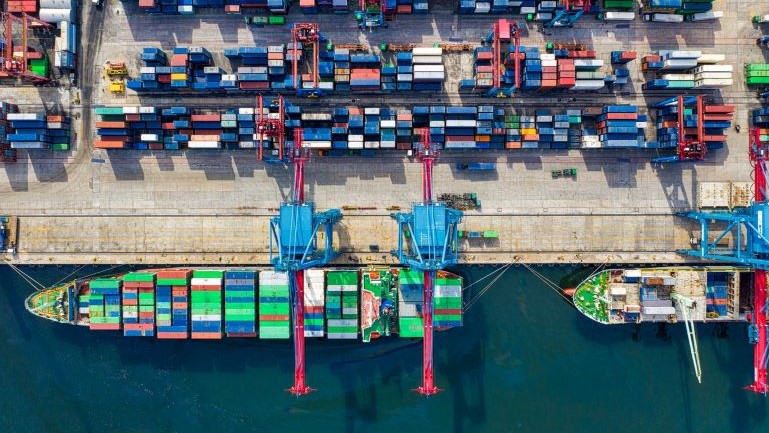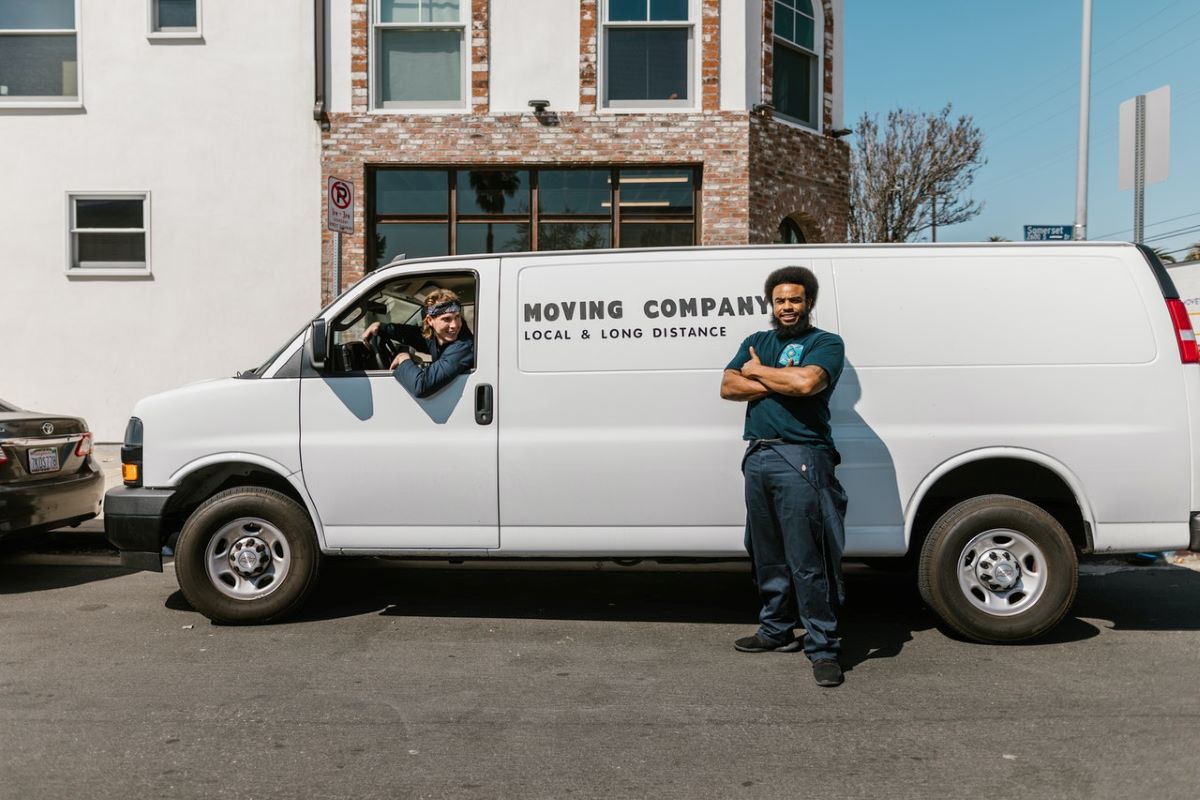Moving is one of the most exciting times in a person’s life, but also one of the most stressful ones. And where there’s a lot of emotion, things can get out of hand quite easily. Add unreliable or even scam movers into the mix and the whole moving experience is bound to turn sour in no time. If safety is important to you, hiring movers through a company like Verified Movers is the best way to go. But before you hire movers you should know a thing or two about regulations within the moving industry. It’s important for you to understand that being well informed is the only sure way to engage in moving with confidence. So, how are moving companies regulated exactly? Here’s what you should know before you start loading your moving boxes.
Why are regulations important when it comes to moving?
Imagine what the streets would look like if there were no traffic rules and regulations. Things would get pretty wild in a matter of seconds. Not to mention dangerous. And while dangers of unregulated moving aren’t quite as obvious as the complete mess unregulated traffic would be, they are still very real. And just like this imaginary traffic of ours would be very problematic, so would the moving if there were no regulations. But what exactly could happen if there were no rules in place when it came to moving? Would there even be reliable, top moving companies in Orlando, as well as other places? Here’s what one could expect from unregulated moving:

- Inexperienced movers without proven skill
- Financial scams
- Unusual and unbalanced pricings
- No insurance
- Unsafe handling of belongings as well as unsafe transportation of said belongings
To avoid all this, there are regulations in place. So, now that we know what moving would be like without them, it’s time to explore how moving are companies regulated for the highest level of safety possible.
So how are moving companies regulated then?
The first thing you should know is that not all moving businesses are regulated the same. For example, regulations for top movers in Charlotte that offer international vehicle relocation are certainly going to be different from regulations for local movers that just offer packing and transportation. Of course, quite a few are going to overlap, but many are also going to be quite different. But today we are only going to touch upon the most important ones. These are the very basic regulations that keep companies in check.
Regulations for local moving companies
Local moves, as far as laws go, are usually considered to be moves within the state. So, if you were, for example, moving from Sacramento to San Francisco, with one of Sacramento top movers, that would be considered a local move. And what’s more important, those Sacramento movers would fall under the jurisdiction of California’s law. However, it’s also important to mention that sometimes even more localized rules and regulations apply too. So you can expect county regulations to be at play as well but that’s not always the case.
So who then regulates local moving companies? Simply put, intrastate relocation businesses are required to register with the State Department of Transportation or the State Commercial Motor Vehicle Branch. These make sure that companies are in compliance with safety rules and regulations. So before you start your local move, it would perhaps be best to check the state laws related to moving.

How are interstate moving companies regulated?
Interstate moving is a tad more complex than local moving, for sure. For example, driving from state-to-state, rules and regulations companies fall under change. However, in those cases, there are also national-level laws, rules, and regulations that companies must abide by. And thus, the USDOT number was born. The USDOT number was put in place to keep interstate movers in check. So if you’re moving from one state to another with interstate movers, you should definitely check whether your mover has a USDOT number. Each vehicle gets a unique number which then serves as an identifier, as well as a country-wide license for commercial vehicle operators that permits them to cross state lines legally. It might also be important to mention that the United States Department of Transportation is the one responsible for issuing USDOT numbers, and thus keeping companies in check.
Another reason why interstate moving is more complex is that shipping cargo across state lines complicates things even more. Every business that transports people across state lines or hauls cargo across said state lines, has to register with FMCSA. The mission of FMCSA, or Federal Motor Carrier Safety Administration, is to keep the roads safe. So basically, all of these organizations work together to keep moving safe for all parties involved.
So what about international moving companies? Who regulates them?
The longer the move the more complex the moving process. And with it, laws, rules, and regulations. When moving from the U.S. to another country, your cargo goes travels a long way and through many different places. That means that along the way your cargo falls under all sorts of different laws. But, The Federal Maritime Commission has to a-okay a company for it to be able to ship internationally. They regulate moves by water routes and are responsible for licensing Freight Forwarders and Ocean Transportation Intermediaries. So if you’re moving internationally and you’re worried about safety, you should get in touch with FMC.

Understanding laws is very important, even when it comes to moving
Moving may seem like a simple task that’s more annoying than hard. But trust us, it’s really not. During a move, many things can go wrong. And the government and institutions responsible for ensuring moving safety work hard to ensure said safety. Sadly, though, just like in every other industry, there are also some bad eggs among movers too. So you should do your part in educating yourself, learning about laws and regulations, and then choosing fully licensed movers who won’t pose any harm to you or your belongings. Luckily, now that you know how are moving companies regulated, that won’t be a problem. And if you’re still unsure or have any further questions, we would advise you to get in touch with one of these organizations and get more information directly from them.




